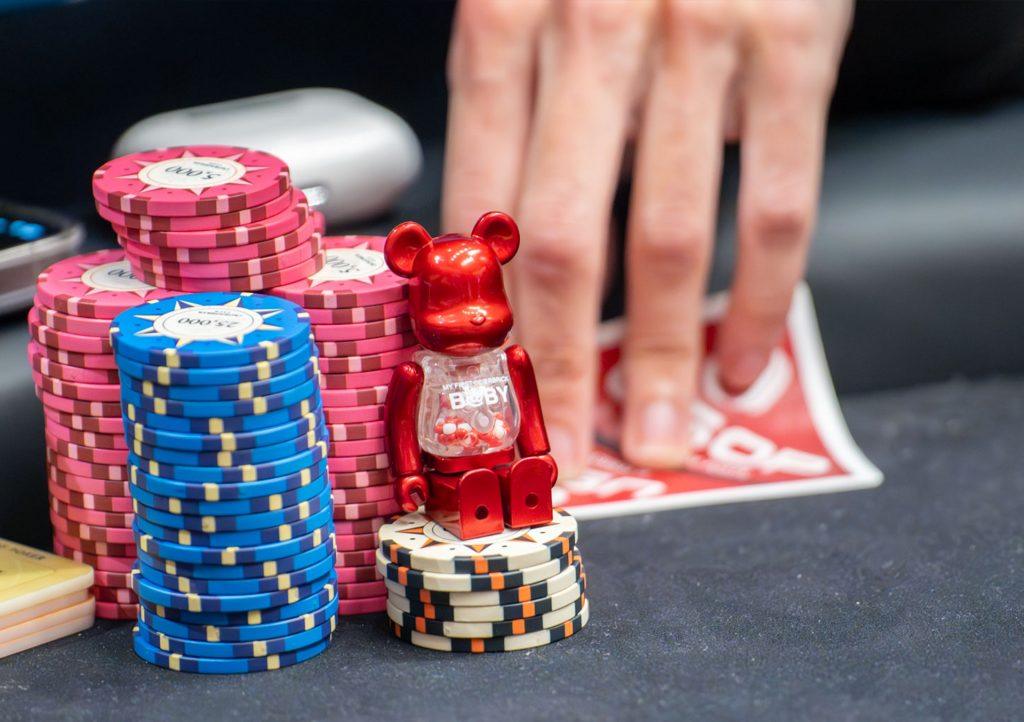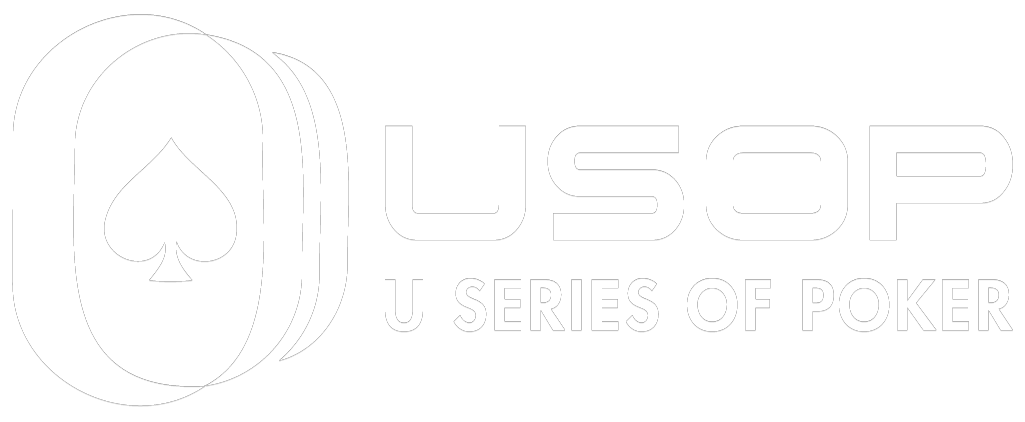Top 10 Things Every Poker Player Should Know Before Entering a Tournament
Playing in a poker tournament is not just about luck or having a good hand — it’s about preparation, discipline, and smart decision-making. Before joining at any tournament table especially in USOP, there are key fundamentals that you must know.

1. Know the Tournament Structure
Before joining, understand what kind of tournament you’re entering. Is it a freezeout, where once you lose your chips, you’re out? A rebuy, where you can buy back in early? Or a bounty, where eliminating other players earns you extra money? Each format demands a different strategy to play — for example, bounty tournaments might encourage looser calls to chase knockouts, while freezeouts require more caution.

2. Learn the Blind Levels and Pacing
Pay attention to the tournament’s blind structure — how often blinds increase and by how much. Fast-structured tournaments force quicker decisions and aggressive play, while slower-paced ones give more room for deep strategy and patience. Always plan your early, middle, and late-game strategies based on the blind progression.
3. Manage Your Stack Size Wisely
Your chip stack determines how you play. A deep stack gives you room to explore more hands and make post-flop plays. On the other hand, a short stack requires calculated aggression — you’ll often need to push all-in or fold, especially as the blinds rise. Understand how your stack compares to the average, and adjust accordingly.

4. Master Positional Awareness
Position is power. Being one of the last players to act in a hand gives you more information, which leads to better decisions. In a late position, you can see how others act before making your move — whether to raise, call, or fold. Early positions are more dangerous since you act first with little info. Learning to play tightly in the early position and more aggressively in the late position is a key to long-term success.
5. Be Patient – Don’t Force the Action
Many new players try to win fast, playing too many hands early on. The truth is, tournaments reward patience. In the early stages, avoid unnecessary risks. Fold bad hands. Wait for strong opportunities. Let others make mistakes. The goal isn’t to win every pot but to survive and build gradually.

6. Observe and Adapt to Your Opponents
Poker isn’t just about your cards — it’s about reading people. Pay attention to your opponents’ styles and body language. Are they playing a lot of hands, or are they folding most of the time? Do they bluff? Understanding how your table plays helps you exploit weaknesses and avoid traps. Strong players constantly adjust their strategy based on their opponents’ patterns.
7. Control Your Emotions and Avoid Tilt
Poker is an emotional rollercoaster. A bad beat can send players into tilt — making impulsive, reckless decisions out of frustration. The best players remain calm under pressure. Accept that bad luck is part of the game, and focus on making the best decisions with the information you have. Emotional discipline is just as important as technical skill.

8. Respect Chip Value and ICM
As the tournament progresses, the value of your chips changes. In late stages, survival becomes more important than gambling for big pots, especially near the money bubble or final table. This is known as ICM (Independent Chip Model) — where each chip’s worth is tied to payout jumps. Learn to fold even decent hands if the situation demands it. Playing smart, not flashy, gets you deeper.
9. Choose Your Bluffs Wisely
Bluffing is part of the game, but timing and context matter. Don’t bluff just because you feel like it. Bluff when the board makes your story believable and your opponent looks unsure — that’s when you can steal the pot. Over-bluffing or bluffing the wrong player can destroy your stack. Smart bluffing is a weapon — misuse it, and it backfires.
10. Play with Purpose — and Ask Yourself: What’s Your Endgame?
It’s not just about surviving — it’s about understanding why you make every move. Every fold, raise, or all-in should serve a bigger strategy. Are you building a stack for a deep run? Are you pressuring opponents near the bubble? Or are you just reacting to the moment? Great players enter every hand with intention — not hope.
At tournaments like USOP, where reputations are built and legacies begin, the deeper you go, the more each decision counts. When you’re close to the final table, will you play it safe or take control and go for the win? May the Flop, Turn and River be with you.
